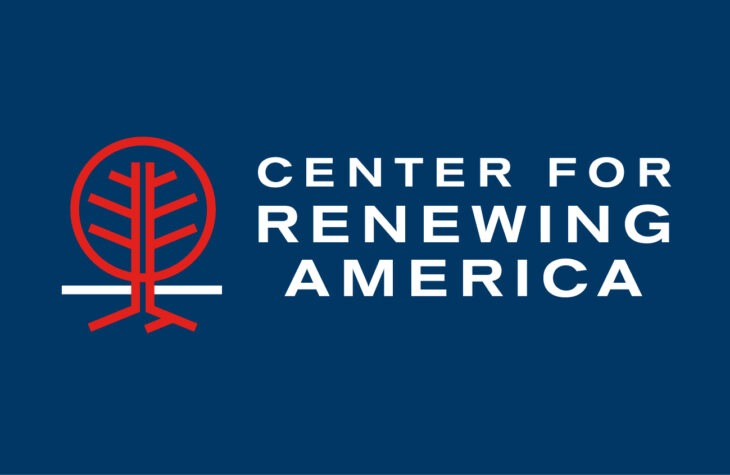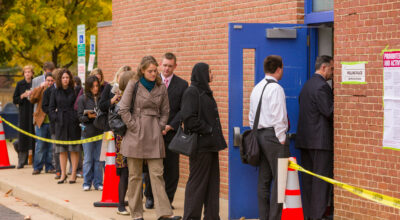
Afghan Refugee Crisis: Twelve Questions the Biden Administration Must Answer

Summary: The calamitous manner in which the United States retreated from Afghanistan continues to reverberate around the globe. While the debacle’s myriad of failures are likely to be analyzed for decades to come, the Biden administration owes Americans and their elected officials candid answers on a number of pressing issues.
Below are twelve key questions the Biden administration needs to answer immediately.
1. How many American citizens remain stranded in Afghanistan and what is the specific plan for getting them out?
2. Reports suggest only 10 percent of those evacuated were U.S. citizens and Afghan SIV holders. Who are the other 90 percent?
3. What is the specific vetting process on the ground at Kabul to determine who got on evacuation flights and who made the final determination to clear people for passage to the United States?
4. Under what statutory authority is the administration planning to house Afghan refugees inside the United States?
5. Is the administration planning to abide by the existing Refugee Admissions Program (RAP) cap, which currently stands at 62,500, with regard to Afghan parolees/refugees?
6. How is the administration planning on determining which Afghan refugees are remaining in the U.S. and what is the administration’s view of their ultimate immigration status?
7. A broad-based longitudinal study released by Pew in 2013 showed 99 percent of Afghans support Sharia law and a disturbing 40 percent believe suicide bombings are justified in the name of Islam. Are there any plans to expand and improve existing vetting processes to account for these radical beliefs and ideologies?
8. Which states and communities have agreed to take in Afghan parolees/refugees thus far? Who is helping facilitate that process?
9. Does the administration have a process and a plan for monitoring Afghan refugees inside the U.S. to ensure that we did not import potential radical jihadists into American communities?
10. Now that we no longer have assets in the region, is the administration planning on shutting down the Afghan SIV program since we can no longer reliably vet those who otherwise would have qualified? If not, does that mean the administration is trusting the Taliban as a ‘reliable’ vetting partner?
11. How many of our allies abroad have agreed to take in Afghan refugees and what is the timeline for ensuring they meet those commitments?
12. Is there a plan in place for any regional resettlement of Afghan refugees to provide them with a safer, more cohesive transition and assimilation? If not, why not?
Conclusion: The mass importation of potentially hundreds of thousands of people whom we cannot properly vet and who hold few cultural commonalities with Americans will only further inflame social fragmentation in American communities and potentially pose significant national security risks. With one of the most radicalized populations in the world, Afghanistan’s culture is prohibitive for the assimilation of Afghans as their values are simply incompatible with American constitutional values.
Lawmakers must be clear-eyed and hold the administration accountable to ensure that further and future damage is mitigated and that at a bare minimum, Americans and American communities are protected from the ramifications of the Biden administration’s ruinous actions.
Americans deserve answers to these questions. And they deserve them before importing thousands of unvetted and unvettable Afghans.



